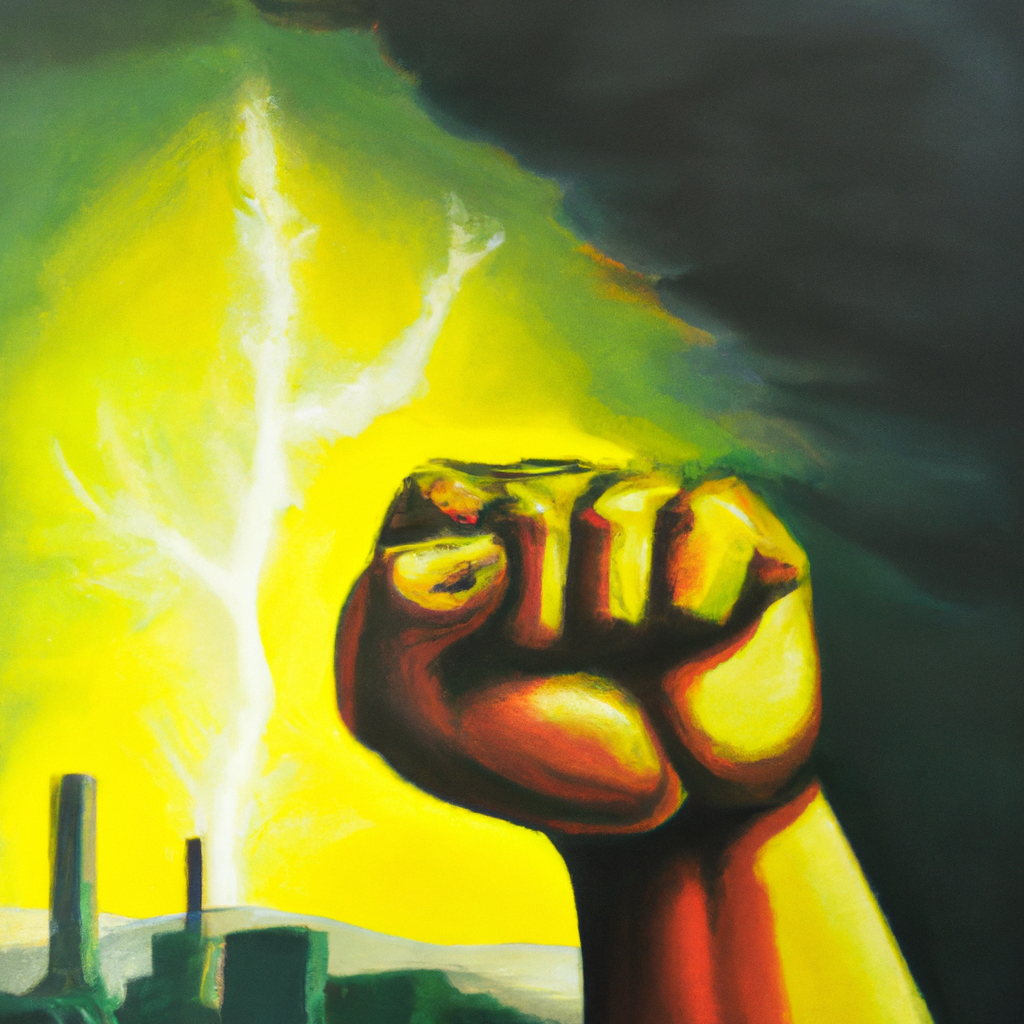GDP Per Capita
GDP per capita is a measure of a country’s economic output that considers the average citizen’s purchasing power. A higher GDP per capita means that the average citizen has more money to spend on goods and services. A country with a high GDP per capita is typically more powerful than a country with a low GDP per capita. There are many factors that contribute to a country’s GDP per capita, including the country’s natural resources, its workforce, and its infrastructure. A country’s GDP per capita can also be affected by external factors, such as trade agreements and international aid.
Military Power
The development of military power is a key factor in the rise of a country’s power. A strong military can help a country to defend its territory and citizens, and can also be used to project power abroad. A nation with a large and well-trained military can often exert influence over other countries, even if it does not have the largest economy or population. Military power can therefore be a major source of a country’s power and influence.
Cultural Power
Cultural power is the ability of a country to influence other countries through its culture. A country with a strong culture can impact the way other countries think, behave, and develop. Culture can be a powerful tool for a country to use to assert its power and influence in the world.
Population Growth
Population growth is a key factor in a country’s ability to become more powerful. A growing population provides a larger workforce, which can lead to increased production and economic growth. Additionally, a larger population also allows for a greater military force, which can be used to protect the country’s interests and expand its territory. Ultimately, population growth is essential for a country to become more powerful and prosperous.
Total Wealth
Total wealth is the total value of all the assets in a country. This includes everything from the value of the land to the amount of money in the banks. A country’s total wealth can be used to measure its power.
Perceived Power
As countries continue to grow and develop, their perceived power also increases. This is often based on a number of different factors, including economic stability, military might, and international relations. For example, a country with a strong economy is typically seen as more powerful than one with a weak economy. A country with a large army is usually seen as more powerful than one with a small army. And a country with good relations with other countries is typically seen as more powerful than one with poor relations. As countries continue to grow in these areas, their perceived power will continue to increase.
Geographic Size
There are a number of ways in which a country can become more powerful. One way is by increasing its geographic size. This can be done through conquest, annexation, or other means. A larger country will typically have more resources and land to work with, which can give it a significant advantage over smaller countries. Additionally, a larger country will usually have a larger population, which can provide more manpower for the military and other purposes.
